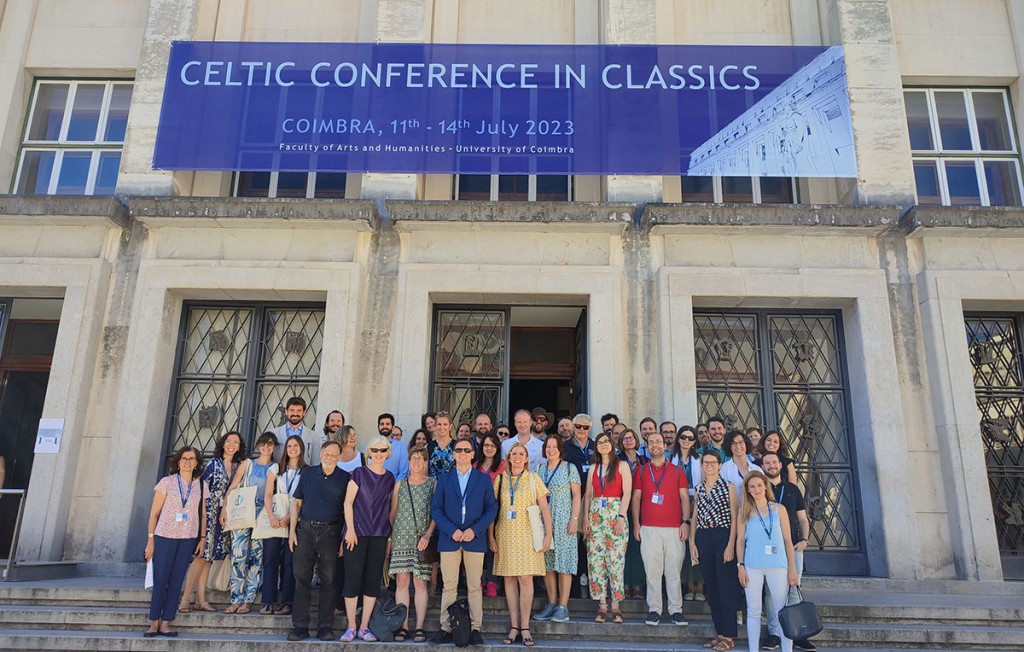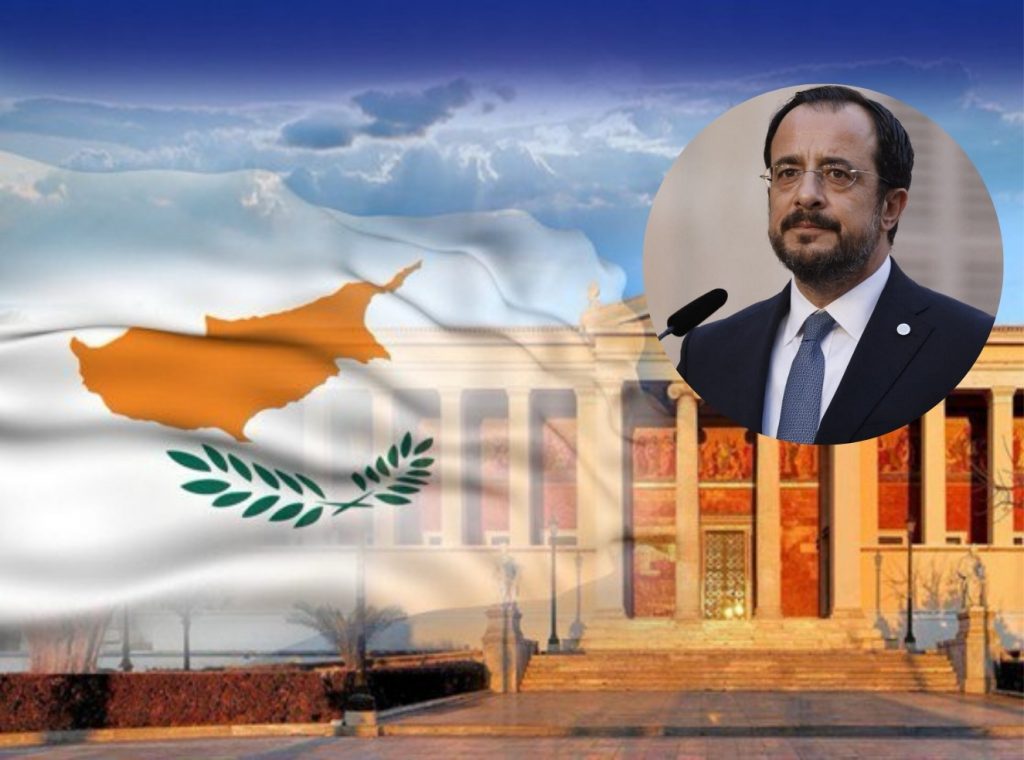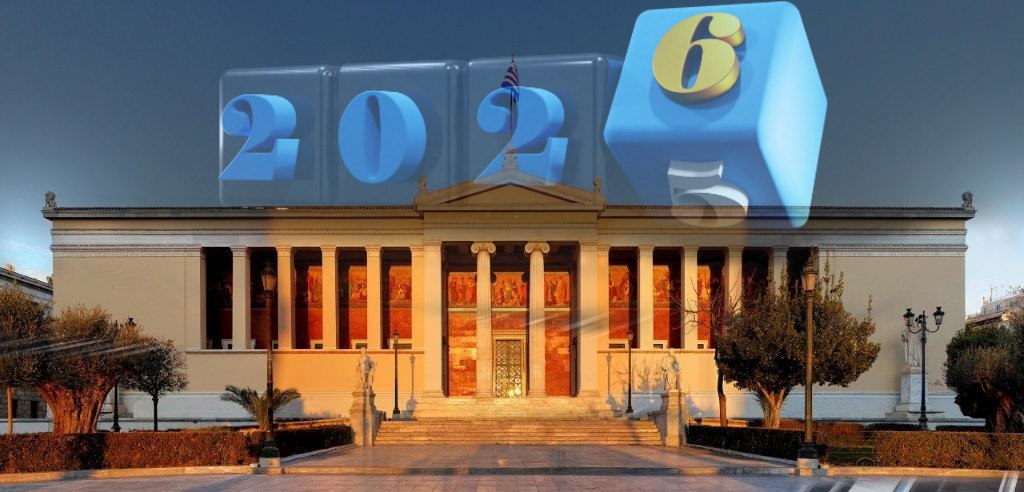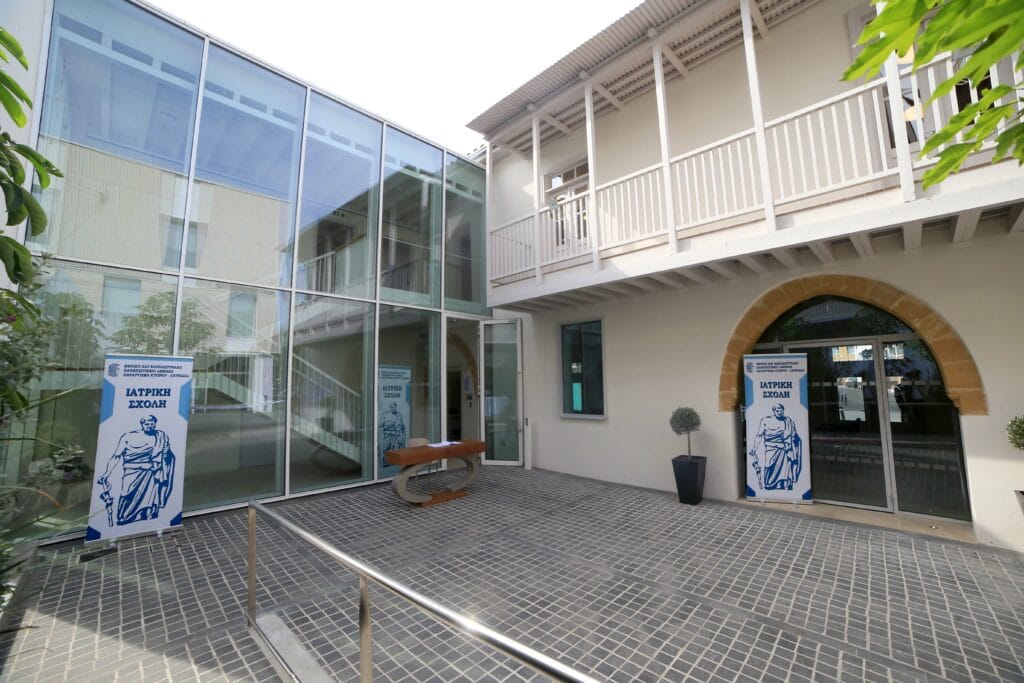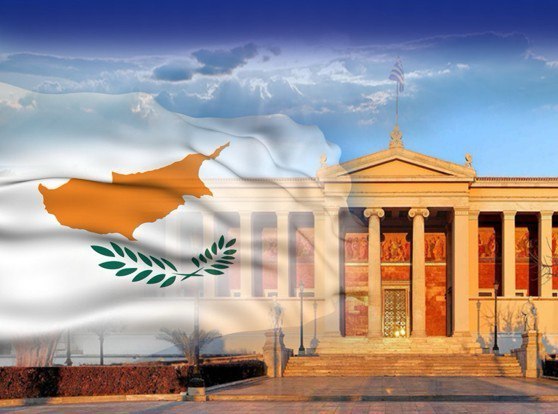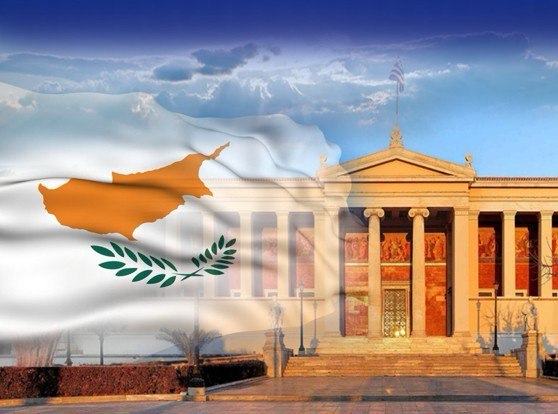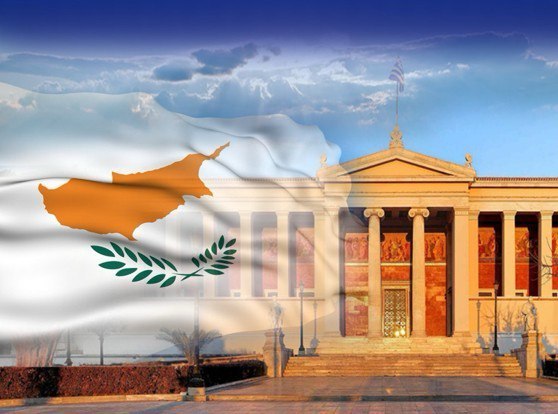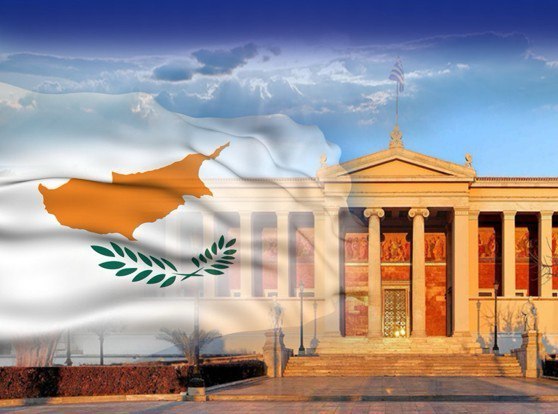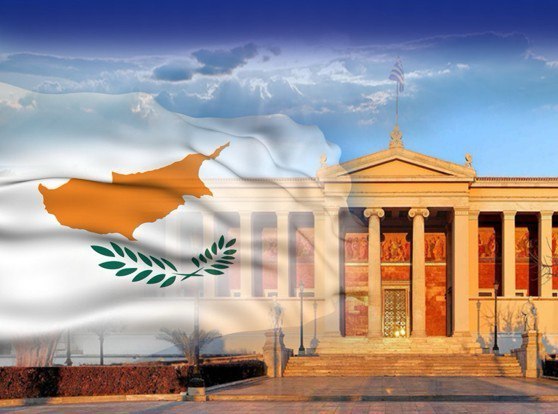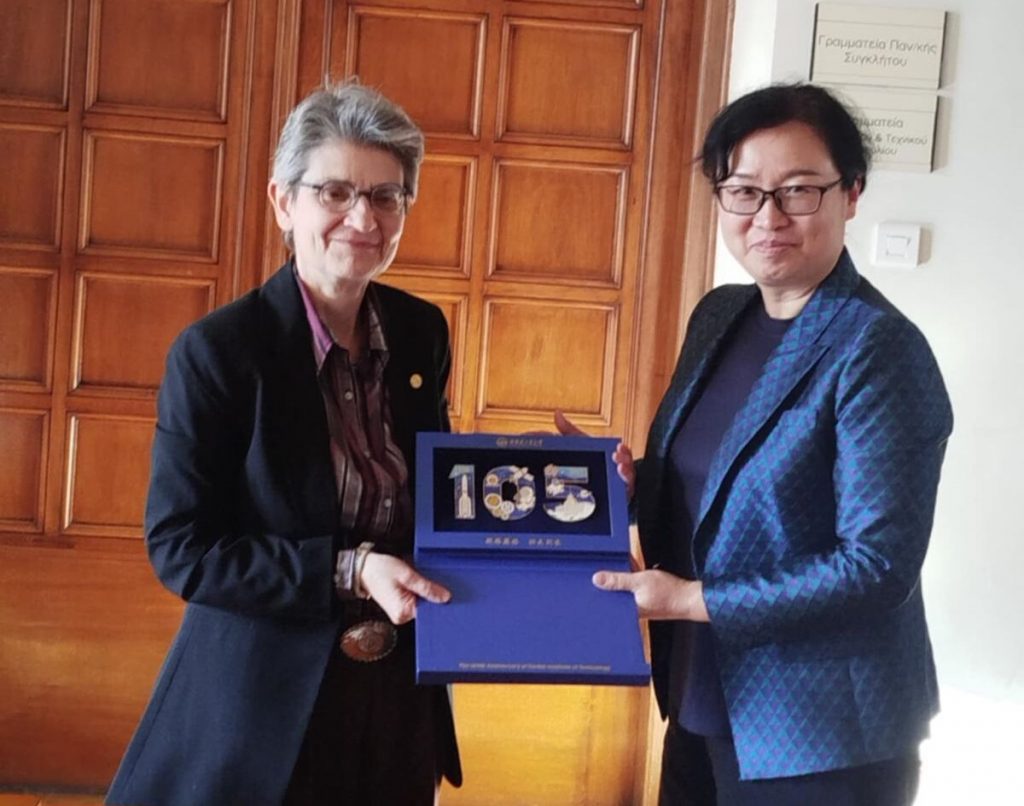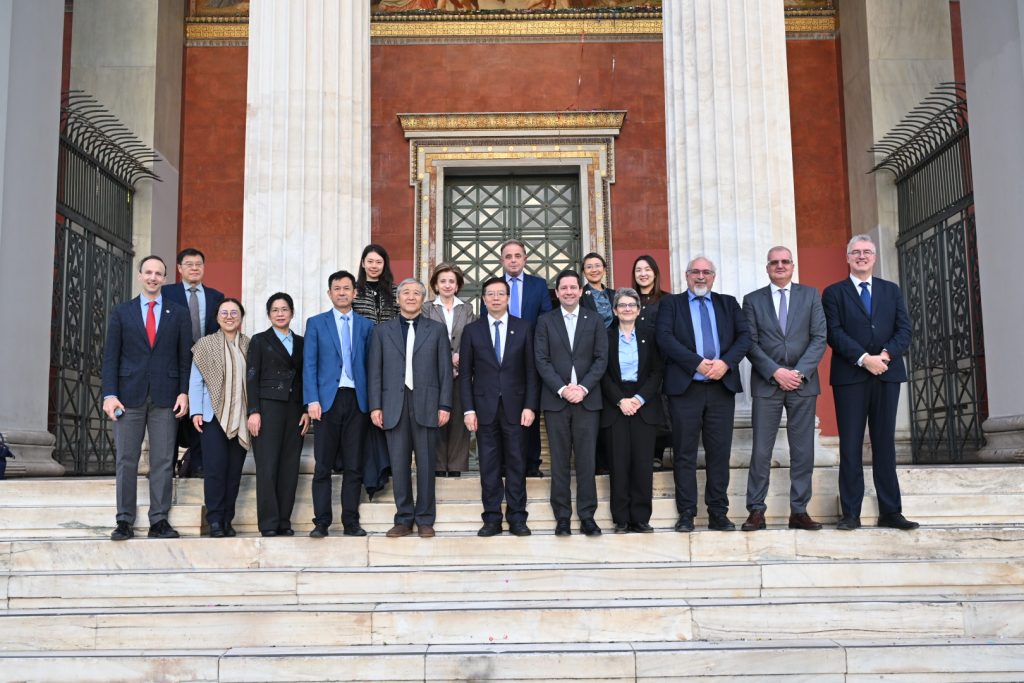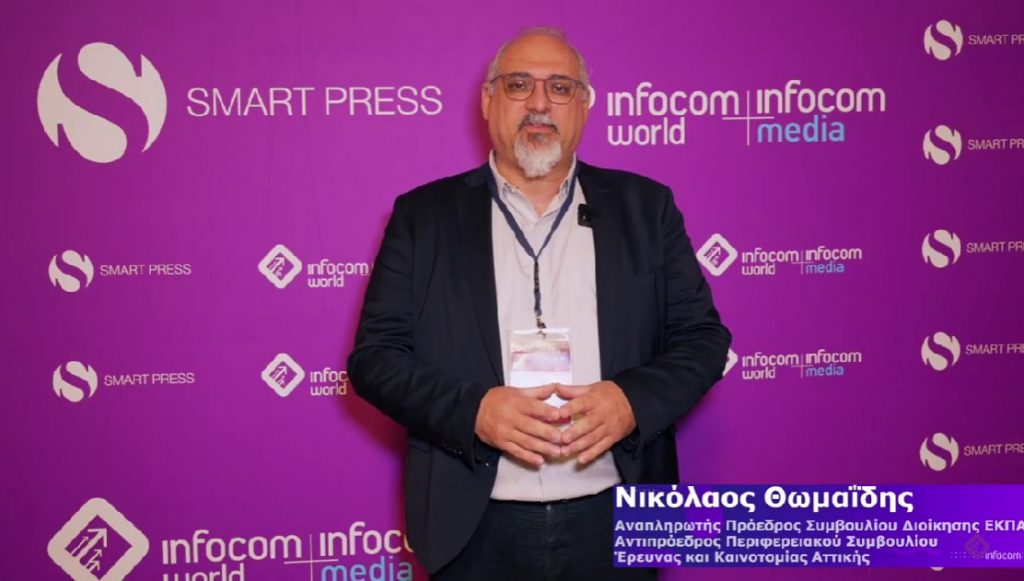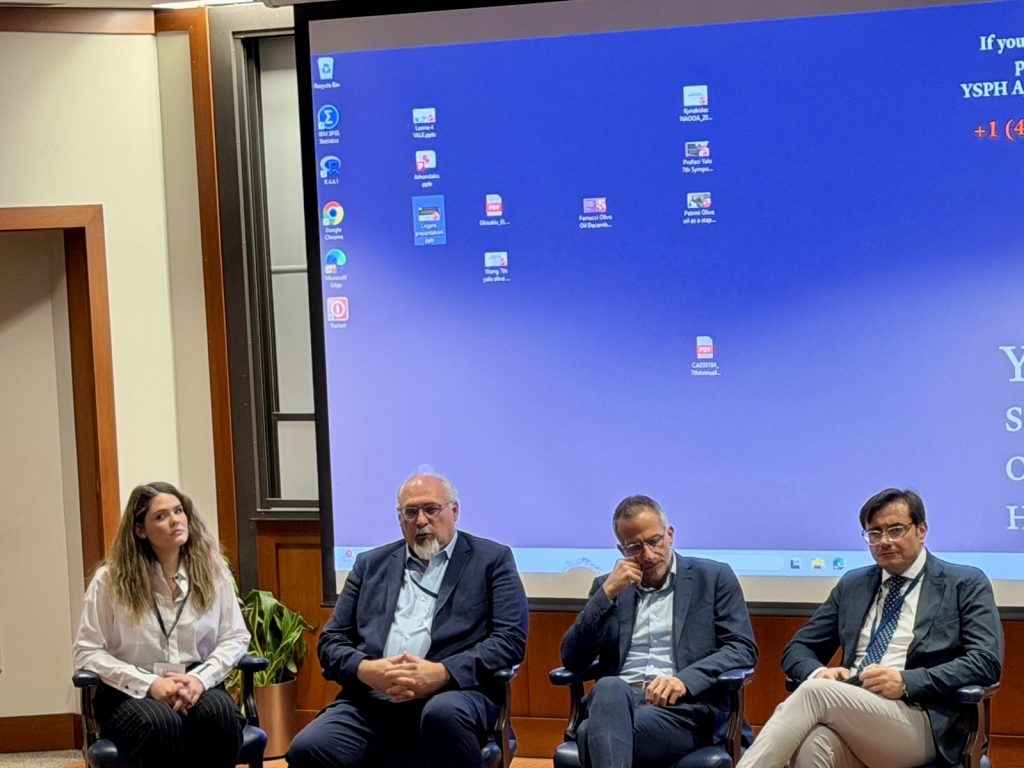Mses Rosalia Hatzilambrou and Grammatiki Karla, Associate Professors at the NKUA’s Department of Philology, organized a panel entitled ‘Speaking of the Weak: The Rhetoric of Vulnerability in Greek Classical and Postclassical Oratorical Texts’ as part of the 14th International Celtic Conference in Classics, which took place in Coimbra, Portugal, from 11 to 14 July 2023.
Participants in the panel were leading classicists, new PhD holders, and PhD candidates from Europe (United Kingdom, Germany, Italy, Spain, Greece) and North America (USA, Canada). A list of the speakers and the titles of their presentations follows:
- Mike Edwards, Honorary Research Fellow, Royal Holloway, University of London: ‘Orphans and Dikaiosyne’.
- Allison Glazebrook, Department of Classics and Archaeology, Brock University: ‘Emotional Labour and Sex Labourers in the Attic Orators’.
- Rosalia Hatzilambrou, Department of Philology, NKUA: ‘Was There a Concept of Vulnerability in Classical Athens? The Case of the Representation of the Disabled in the Attic Orators’.
- James Hua, Merton College, University of Oxford: ‘Attitudes and Empathy Towards Displaced Populations in Classical Athenian Oratory: The Case of the Plataians’.
- Kostas Kapparis, Department of Classics, University of Florida: ‘Narratives of Child Trafficking in Greek Oratory and New Comedy’.
- Grammatiki Karla, Department of Philology, NKUA: ‘Appeal for Help: Libanius’s Or. 45, On the Prisoners’.
- Susan Lape, College of Letters, Arts and Sciences, University of Southern California: ‘Vulnerability Politics in the Athenian Courts’.
- Maria Lubello, University of Florence, and Jamie Marvin, Department of History, UC San Diego: ‘The Rhetoric of Vulnerability in Libanius’s Orations On the Subsistence Crisis of 384-385 CE’.
- Francesco Mori,Classical Studies, Roma Tre University: ‘The Vulnerability of Demos as Propaganda in Julian’s Misopogon’.
- Sotirios Polyzos,Department of Philology, NKUA: ‘Tracing a Vulnerable Religious Identity: Libanius Under Christian Emperors’.
- Jason Porter, School of History, Classics and Archaeology, The University of Edinburgh: ‘Scheming Women, Slaves, and Foreigners: Portraying the Vulnerability of Adult Male Citizens in Athenian Forensic Oratory’.
- Adele Scafuro, Department of Classics, Brown University: ‘The Rhetoric of Scrutiny: Magistrates, New Citizens, Ships, Horses, and Invalids in Fourth Century BC Athens’. Professor Scafuro also gave a plenary lecture at the Conference.
- María Secades Fonseca, Faculty of Philosophy and Letters, University of Oviedo: ‘The Acceptance of Human Vulnerability in Plato’s Gorgias’.
- Dimos Spatharas, Department of Philology, University of Crete: ‘Illness and the Limits of Pity in Forensic Narratives’.
- Jan Stenger, Department of Classical Philology, Julius Maximilian University of Würzburg: ‘The Spectacle of the Poor: The Economy of Attention in John Chrysostom’s Preaching’.
- Eleni Volonaki, Department of Philology, University of the Peloponnese: ‘The Vulnerable Trierarchs’.
The panel examined the rhetoric of vulnerability in Greek classical and postclassical oratorical texts. According to the presentations and the discussion that followed, the literature of Classical and Postclassical Antiquity portrays many kinds of vulnerability (e.g., socio-economic, legal, bodily, emotional, intellectual, etc.) in numerous different political, social, and cultural contexts. Taking various approaches, the panellists explored the use and abuse of the multifaceted rhetoric of vulnerability in public discourse in the ancient Greek world.
It is important to note that the two organizers of the panel will soon publish its proceedings to contribute to the academic debate on the rhetoric of vulnerability in Antiquity.


